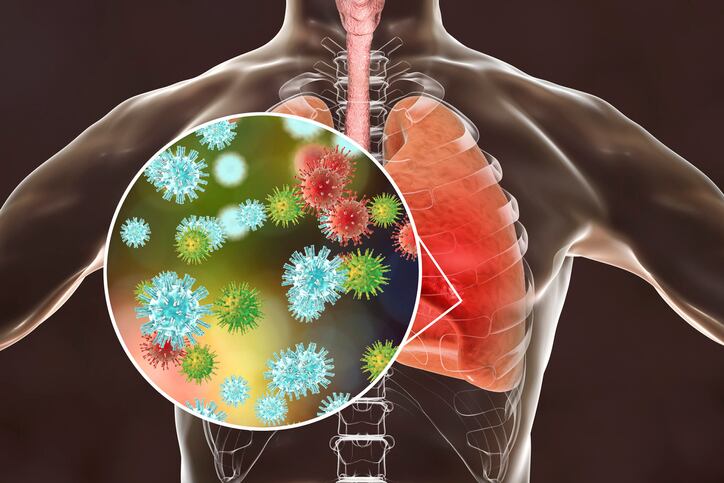We recently reported that Indena had launched a bioavailable formulation of CoQ10, also using phytosome, for sports nutrition applications.
Quercetin is a flavonoid used in anti-allergy, sports nutrition, and anti-inflammatory, however, it is limited by its low oral bioavailability due to poor water solubility, and poor permeability.
Bioavailability innovation
Indena’s solution, phytosome, involves dispersing botanicals into a matrix based on lecithin, to improve the oral bioavailability of polyphenols and terpenoids like quercetin.
According to Paolo Morazzoni, scientific advisor at Indena S.p.A., who spoke at Health Ingredients Japan 2019: “Lecithin is poor in water solubility, but it is readily absorbed for instance, from the intestine, leaving phytochemicals in a dispersed state, to be more readily absorbed.”
In a clinical study published in the European Journal of Drug Metabolism and Pharmacokinetics in 2018, quercetin administered with phytosome technology was found to facilitate up to 20 times plasma levels of quercetin, compared to unformulated quercetin.
The study was conducted orally in healthy adults, with no notable side effects. The researchers of the study said, “These results suggest that quercetin phytosome allows the oral administration of quercetin in a safe and bioavailable manner, thus facilitating the effective utilisation of this natural compound to treat various human diseases.”
Allergy control
Morazzoni shared some preliminary evidence in anti-allergy management, particularly in the area of asthma.
He said quercetin mainly interacts with targets in the body like mast cells, immunoglobulin E, histamine, leukotrienes and prostaglandins to trigger an immune response.
Quercetin helps to inhibit histamine release, antibody IgE, lipoxygenase, all which causes allergic symptoms such as sneezing and itchiness.
In an unpublished study conducted by Indena on asthma rhinitis, 58 participants with intermittent or mild persistent asthma were recruited to investigate the effect of quercetin with phytosome (commercial name: quercefit).
The subjects were divided into three groups (control, 250mg/day quercefit, and 500mg/day quercefit). In all three groups, they were told to remain on their usual corticosteroid or bronchodilator medication.
The study found that participants in group 2 and 3 displayed a 37% to 70% reduction of day and night symptoms (classified as wheezing, shortness of breath, chest tightness, and cough).
There was also an improvement in breath function, and lower usage of inhalers and nasal drops in both treatment groups compared to the control group.
The study also measured plasma free radicals, which found a 9.5% and 15% decrease in oxidative stress in group 2 and 3 respectively, compared to a 2.7% increase in the control group.
Morazzoni added that quercefit did not interact with conventionally used chronic therapies, was observed to be well tolerated and did not show any side-effects.
He said the preliminary evidence showed a potential protective effect of quercefit in decreasing frequency of asthma attacks and controlling its symptoms.
He suggested that future studies should recruit more participants, with more complex situations, and follow them for longer periods to evaluate the potential role of quercefit in asthma management.
On the basis of these evidences, Morazzoni also shared that a controlled randomised study on allergy management is currently being planned in Japan for FFC (Food with Functional Claim).
It will study seasonal allergies like pollen, and would be completed in February 2020.




